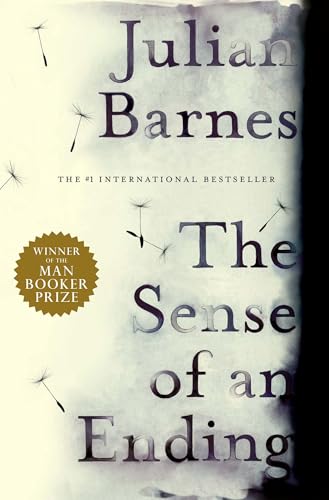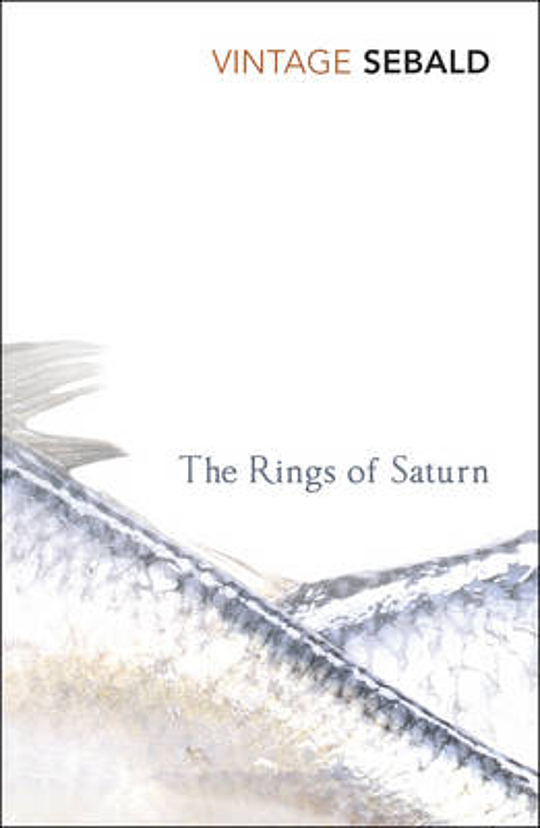In Jonathan Franzen’s The Corrections, we meet the Lamberts, an American Midwestern family with a whole raft of issues. Or not, if you take the view that to be flawed is to be human, and if you’re in the habit of questioning who makes the rules anyway. Set in the second half of the 1990s, heading towards a new century, Franzen riffs on the economic turbulence of the time. The novel’s title refers to the economic corrections attempted by governments to stave off a global recession, applying the principle to the lives of the book’s characters.
Continue readingTag: 1001 Books
The Red Queen

Margaret Drabble’s 2004 novel The Red Queen is inspired by the memoirs of Lady Hyegyeong, a Korean Crown Princess in the second half of the 18th century. In it, Drabble has constructed a fiction in which the ghost of Lady Hyegyeong possesses the mind of a British academic, Dr Babs Halliwell, in order to correct some misconceptions about her life and who she was as a person.
Continue readingThe Sense of an Ending
The Sense of an Ending concerns Tony Webster, retired, divorced, father of one, grandfather of two. It also concerns his school friend Adrian Finn, who died by suicide aged twenty-two. And his first girlfriend Veronica, her mum, his school friends Colin and Alex, and the ways they are connected through the past they shared.
Continue readingAmerican Pastoral
American Pastoral is the novel that won Philip Roth the Pulitzer Prize. It’s also the first novel I’ve read by him. It recounts the life of a high school athlete, Seymour ‘Swede’ Levov, from his schooldays during the Second World War to a point in his adulthood where his daughter’s countercultural leanings disrupt his American idyll.
People speak highly of Philip Roth. As well as the aforementioned Pulitzer Prize, he also received multiple PEN/Faulkner awards. His complete novels were published in his lifetime, in a nine-volume series, by the Library of America. I only really paid attention when he died, though. Until then, I hadn’t even heard of him. Or if I had, his name and status hadn’t registered. It’s a funny old literary world, full of reading lacunae.
The first few pages of American Pastoral put me in mind of John Updike and Richard Ford, but better. There’s also a bit of Ray Bradbury about the writing, particularly his Green Town books. Roth’s phrasing has a beautiful rhythm that carries you like a river burbling through the story. Roth also managed to make me care about something that I really don’t care about – the very male world of competitive sport.
Continue readingNovellas in November

Cathy at 746 Books and Rebecca at Bookish Beck are hosting Novellas in November again this year. This is a reading challenge that I’ve dipped in and out of in the past couple of years, when my reading has accidentally coincided with it. This year, though, I’m going to try to set myself some goals to try to bring my To Read pile down a little more.
Continue readingThe Rings of Saturn
The Rings of Saturn by W G Sebald is a novel disguised as a travel book, recording a walk along the Suffolk coast and inland to Norfolk but also documenting local culture, the interplay between people and landscape, and how transient life is. I read Sebald’s Vertigo a few years ago and loved it, and have wanted to read more by Sebald since.
Continue readingUncle Silas: A Tale of Bartram-Haugh
Read 07/04/2022-19/04/2022
Rating 4 stars
Joseph Sheridan Le Fanu’s 1864 novel Uncle Silas is a locked room mystery centred upon the black sheep of a wealthy family, the titular Uncle Silas. A young woman is sent to stay with her uncle at his estate Bartram-Haugh, the location of the mysterious death of an acquaintance of Silas’s that led to him being shunned by his brother. Continue reading
The Radetzky March
Read 02/01/2022-09/01/2022
Rating 5 stars
Onwards in my European literary tour to Austria. Joseph Roth was born in a part of the Austro-Hungarian Empire that is now in Ukraine, but studied in Vienna and is considered to be an Austrian writer. I have his novel The Radetzky March in a Folio edition, which is no longer in print.
The Radetzky March is considered to be a political masterpiece that draws parallels between the elevation and subsequent fall of a military family and the decline and eventual collapse of the Habsburg monarchy. The focus of the novel is the Trotta family, Austro-Hungarians of Slovenian origin, the patriarch of whom rescues Emperor Franz Joseph I from death during the Battle of Solferino. This earns him an elevation to the nobility and the title Baron Trotta von Sipolje.
It’s a funny book that captures the camaraderie of military life, the ridiculous nature of civil service life, the generational changes in parent-child relationships, and the curious rigidity of friendship between men of a certain class. Having studied the causes of the First World War at school, it also provided a different, more social context to the political one I garnered from O Level text books in the 1980s.
It’s also a poetic book, in the way Roth describes landscape, seasons, thoughts and emotions. His turn of phrase is perfection. I loved the lightness of his touch, the humour and fondness for his characters, and the way he skewers the social structures of the time, while simultaneously mourning their passing. Continue reading
The Trial
Read 28/12/2021-31/12/2021
Rating 4 stars
The Trial is my Czechia book on my European literary tour. I’m still at the beginning of my journey with Kafka. I read The Metamorphosis a fair few years ago, which I loved and have re-read, and then I bought a copy of The Castle from a book fair in Hebden Bridge. I struggled with it while reading, finding it quite soporific, but in the months after reading it, found myself still thinking about it. It’s taken me seven years to pick up my next Kafka, though. Continue reading
The Trick is to Keep Breathing
Read 22/08/2021-28/08/2021
Rating 5 stars
The Trick is to Keep Breathing is book eight on my summer reading challenge list, part of Cathy’s 20 Books of Summer reading challenge. It is the story of Joy, a Drama teacher whose life is unravelling. It combines narrative with text layout, font weight and insertion of illustrative elements to represent Joy’s unravelling. There’s a feel of concrete poetry to it, and the sort of textual play that Nicola Barker used in her novel H(A)PPY. There’s also a feel of Eleanor Oliphant is Completely Fine to Joy’s story, superficially in the way Joy looks to women’s magazines to distract and instruct, and more seriously in the way her immediate family has treated her, and the damage not having a safety net can do to a person. Continue reading







